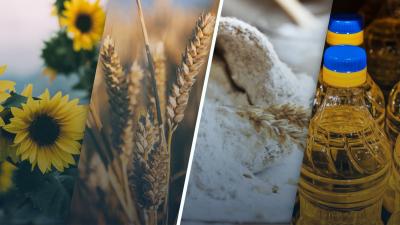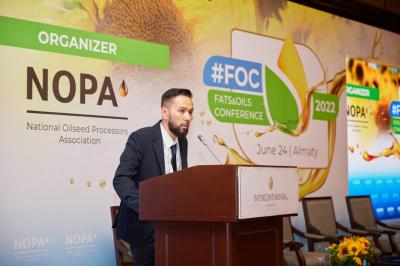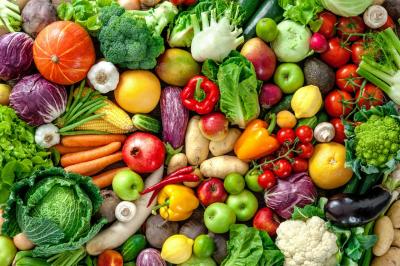
Due to the crisis associated with the coronavirus pandemic, Kazakhstan has felt the most acute need for agricultural development. According to KASE for 2019, it accounts for 4.3% of the country's GDP, but at the same time it provides raw materials for food, light industry and other areas. This means that the potential for developing the agro-industrial complex is far from being limited.
In an interview with renowned economist Saparbai Zhubayev, we talked about the opportunities for the domestic agro-industrial complex in the current environment.
Do you think the agro-industrial complex is a promising area for entrepreneurs today? What advantages can you note for beginners and current producers?
- Today, the agro-industrial complex is naturally a promising area for entrepreneurs, however, it has certain risks, for example, climatic ones. If we focus on the advantages, we can note that our country has very low taxes and cheap gasoline in comparison with Russia and European countries. This makes it possible to generate more profit compared to other countries. And for such areas as animal husbandry, crop production and processing, we have large preferential loans. In Kazakhstan, for example, there is a programme for the development of animal husbandry. If you get into this program, you can gain a very good profit at the output and expand your production.
Another advantage for Kazakh entrepreneurs in agriculture is that the south and north of the country are quite different from each other. It is possible to establish mutual trade and processing of products. For example, there is a high demand for vegetable products in the north, and in the south - for products traditionally produced in the north, including potatoes, vegetable oils, etc. Therefore, it is easy to organize production in Kazakhstan both in domestic and export aspects.
Another big advantage is the demand for our products from the neighboring countries: Uzbekistan, Kyrgyzstan, Tajikistan, Turkmenistan, Afghanistan and Iran. In these countries, there is always a high demand for food products that we can supply. Especially for flour, grain and meat. It is necessary to allocate more financial resources and allow us to export our products to other countries without restrictions. We must conquer markets. In the end, this will lead to higher salaries and investment opportunities for market players.
In your opinion, what are the key problems in the industry today?
- I would not call the current state of agriculture in Kazakhstan disasterous, since it is functioning in a normal way. Maybe there are certain problems with transport, but otherwise, all spring agricultural work is fully funded, cheap fuel is allocated. Farmers have no quarantine, they can work in peace.
But of course, there are problems that need to be solved. For example, during the quarantine they have restricted the export of meat and rice. I believe that these are remnants of the past, of Soviet psychology. In no case you should limit the export of rice to Mongolia or other countries where there is huge demand and higher prices. This restricts production. Such bureaucratic hurdles certainly exist today.
There are other ongoing problems, such as the climate. In this regard, we need to develop insurance, both state and commercial. We know that it is problematic to grow grain in the western regions of the country. How can we guarantee their production and reimbursement of expenses? Only by insurance.
There are also certain issues regarding the export of our products, for example, to the Russian market. They are related to production and quality certificates. Today, products must meet the requirements that are established in Russia. Here, I think, it is necessary to work with the relevant bodies of the EAEC, which should normalize the requirements of interstate technical specifications. Then we will have the opportunity to ensure greater exports to Russia.
What do you think the most promising areas of agriculture are today?
- From a long-term perspective, Kazakhstan's agriculture, especially animal husbandry, requires the development of processing industries. This includes leather production, processing of wool and cotton, and production of semi-finished products. For some reason, these sectors have been unable to reach the required level for a long time. There are also issues related to the processing of beet and other vegetable products. All this needs to be solved at the state level. I think that the pandemic crisis will allow us to treat the problematic issues and prospects of the domestic agriculture in a different way.
Thank you for the interview!












































Обсуждение